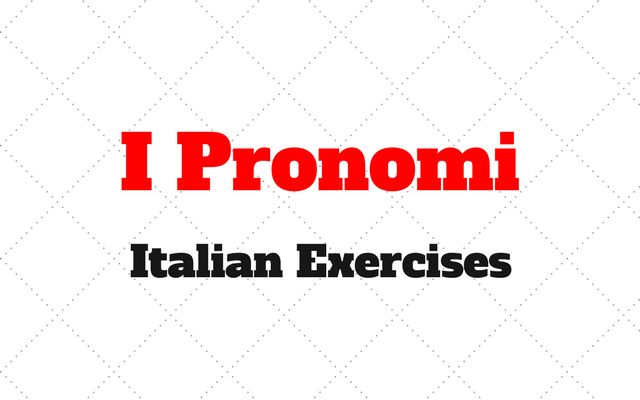
Ciao caro studente! Today, we are going to dive into the world of Italian adverbs of frequency (avverbi di frequenza).
Understanding how to use these adverbs is crucial as they help us express how often activities occur, providing a richer context in our conversations and writings.
In Italian, just like in English, these adverbs play a significant role in daily communication, allowing us to share our routines, habits, and preferences with others. So, grab your notebook, pay attention, and let’s embark on this linguistic journey together.
We will start by organizing sentences, translating phrases, expanding our vocabulary, and even practicing with some small texts. Are you ready? Bene, iniziamo!

1) Put the Sentences in the Correct Order – Italian Adverbs of Frequency
a) faccio / sempre / colazione / io
Io faccio sempre colazione.
2) Can you Translate these Sentences? Italian Adverbs of Frequency Exercises
a) I always arrive on time.
Arrivo sempre in orario.
3) Practice your Vocabulary
a) Always – Often – Usually
Sempre – Spesso – Di solito
4) Practice Your Writing by Translating these Small Texts Taking the Italian Adverbs of Frequency into Consideration
5) About Italian Adverbs of Frequency, Write the Questions to the Answers
a) Vado spesso al cinema. (Quanto…)
Quanto spesso vai al cinema?
Bravissimo! You’ve done an excellent job today, and I can see that you have a much clearer understanding of Italian adverbs of frequency now.
Remember, mastering these adverbs takes practice, so don’t be discouraged if it feels challenging at first. Keep practicing, use them in your daily Italian conversations, and soon they will become second nature to you.
As we concluded our session with some real-life examples in small texts, you can see how these adverbs are used in context, which is vital for your language development.
Don’t hesitate to revisit these exercises and examples whenever you need a refresher. Ottimo lavoro oggi, e ricorda: la pratica rende perfetti – practice makes perfect! A presto, e continua a studiare con entusiasmo!










